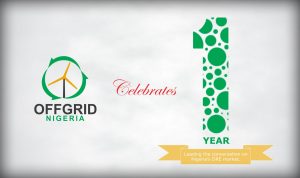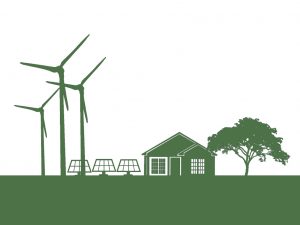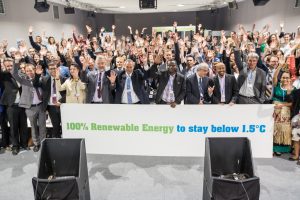There is a new push in town to firmly place Nigeria’s Renewable Energy (RE) quest on track.
On the 24th of November, 2016 in Lagos, a platform for RE practitioners and project developers in Nigeria – the Renewable Energy Association of Nigeria (REAN), was launched as the new push to further back Nigeria’s march towards a sustainable RE industry.
REAN with a fine blend of thorough-bred professional RE practitioners and project developers is coming at a time we consider very timely, providing an opportunity for a complete turnaround in the RE narrative in Nigeria.
At OGN, we will like to think that the formation of REAN gives Nigeria some immediate gains: 1. a united pool of tested and certified RE practitioners whose engagement could quickly send quacks out of the RE market; 2. an expert go-to platform for shared RE challenges; and 3. a united push to mainstream RE and provide electricity to all Nigerians.
Also, for two key reasons – the deep capacity and knowledge base of its members, we are delighted with REAN’s creation, and believe it will expand and amplify the discussion in Nigeria’s RE sector.
Although, other RE platforms like the Sustainable Energy Practitioners Association of Nigeria (SEPAN) have existed before now, with REAN’s formation, we are further convinced of the capacity of RE to provide unmatched electricity access to all Nigerians using solar, wind, biomass, hydro and geothermal amongst others.
REAN has shown it possesses deep knowledge and passion for RE, but knowledge and passion alone do not always translate to success in ventures, but we will hold on to the old-time maxim that ‘experience is the best teacher’ in placing our faith on REAN to deliver on its mandate.
Propelled by members whose convincing footprints in Nigeria’s RE sector are seen and heard of almost every other day, we expect that REAN will take seriously its mandate to quickly move Nigeria into the league of countries sustainably meeting the energy needs of its population.
As known, Nigeria has very obvious failures with its conventional public power supply system. Likewise, RE’s first entry into the country’s power sector was not particularly impressive. We expect that REAN will frontally take these two on and begin to create the sort of RE tractions that other African countries are already creating.
Before now, RE was considered inefficient for reasons related to poor project planning and execution, but with evidence-based RE outputs across their existing and completed project sites, members of REAN are already changing these bad stories, we expect to see a lot more to strongly shut the ‘doubtful mouths’.
Having burnt their fingers to get to where they are now, we believe members of REAN will live by the objectives they declared at their launch in Lagos, some of which are: “to promote strategies that will improve the contribution of RE with up to 40% of the National Energy Mix by 2030; to create a forum for the dissemination and exchange of ideas on matters relating to RE development and utilization in Nigeria; to encourage the adoption of good engineering practices, standards and certification systems; to protect consumers of RE products and services by encouraging standardization; to promote Nigerian local content in RE industry; to encourage better business practices by maintaining good ethical and moral standards in RE industry; and to act as a link between the industry, the government, consumer groups, international organizations, and other RE organizations.”
We recognize there are hurdles to be crossed to achieve these goals, but also maintain that the success of REAN will no doubt become Nigeria’s success.





